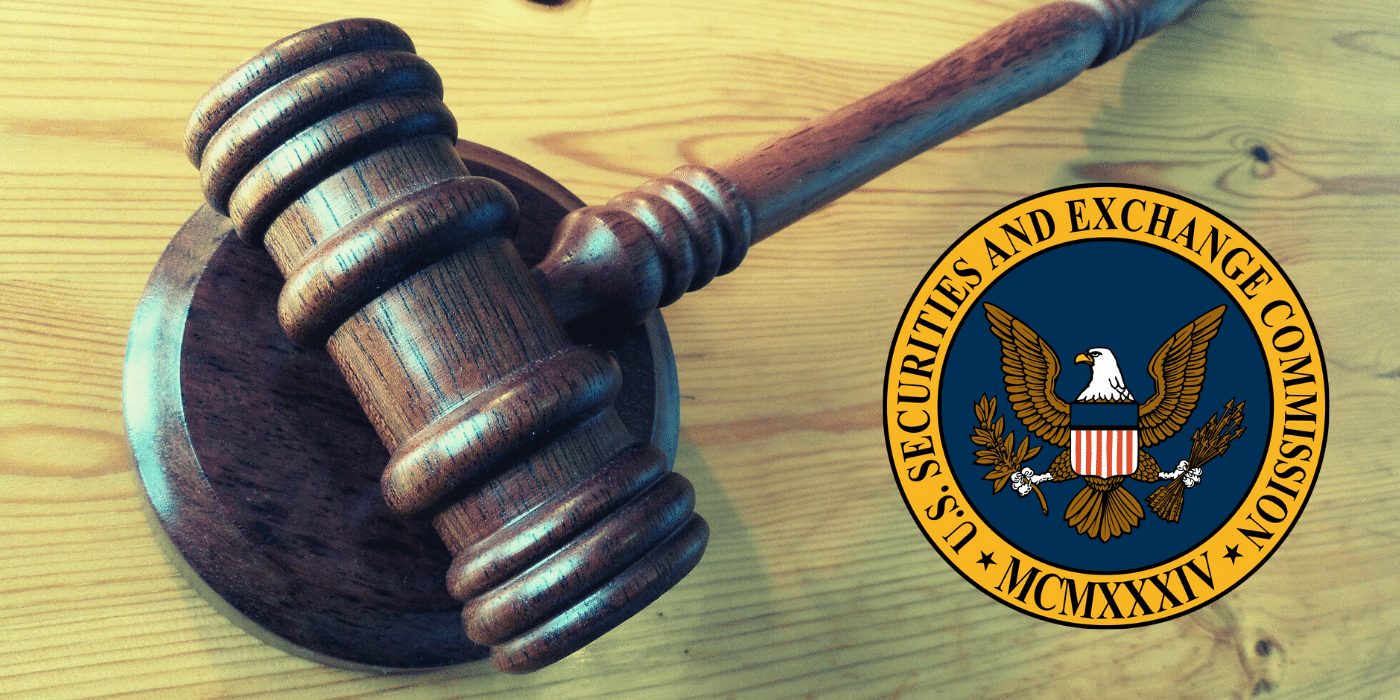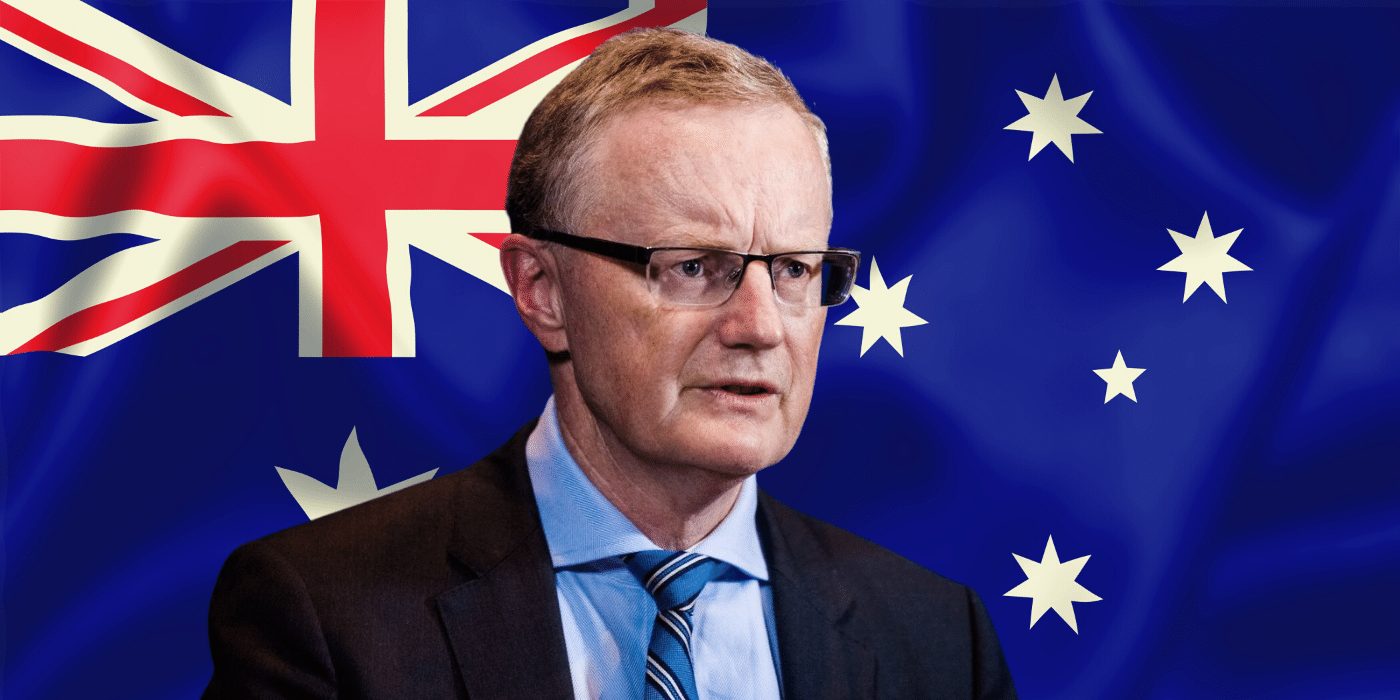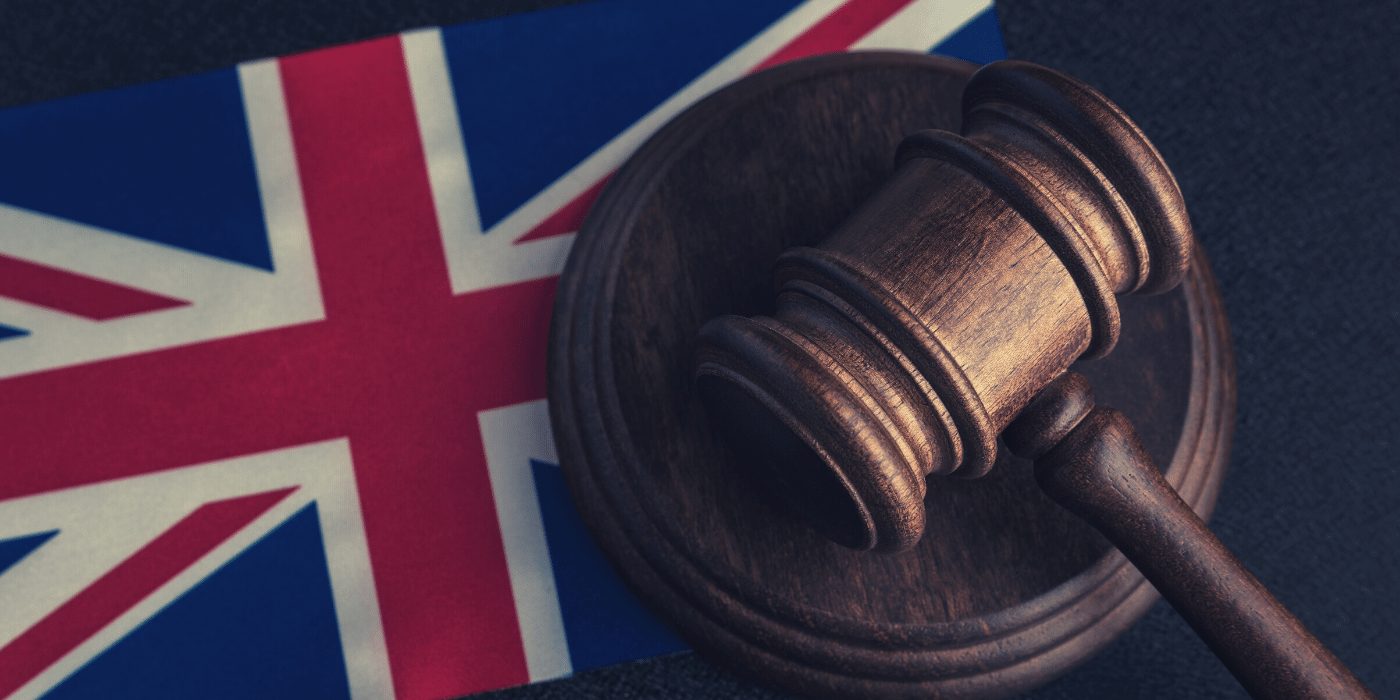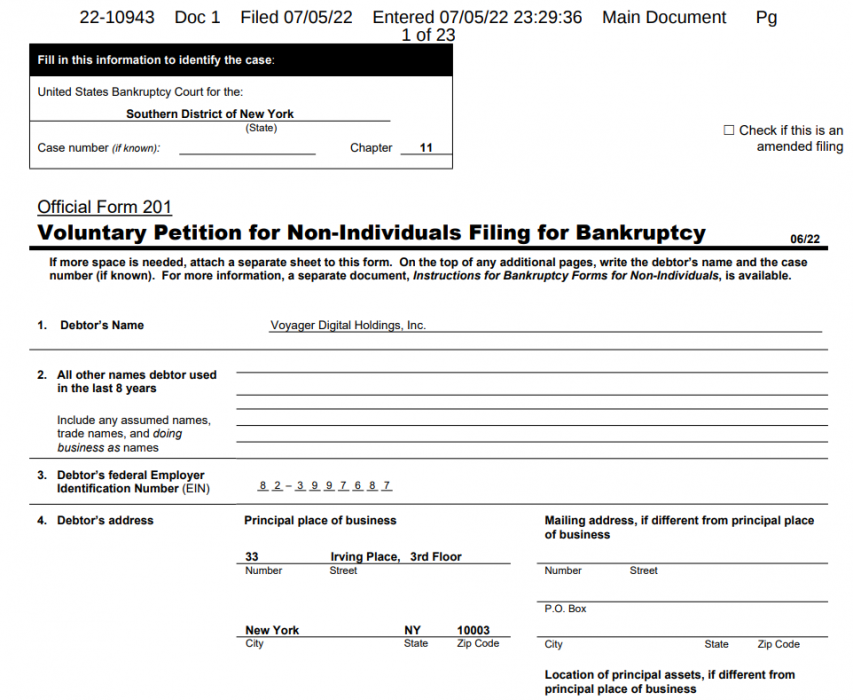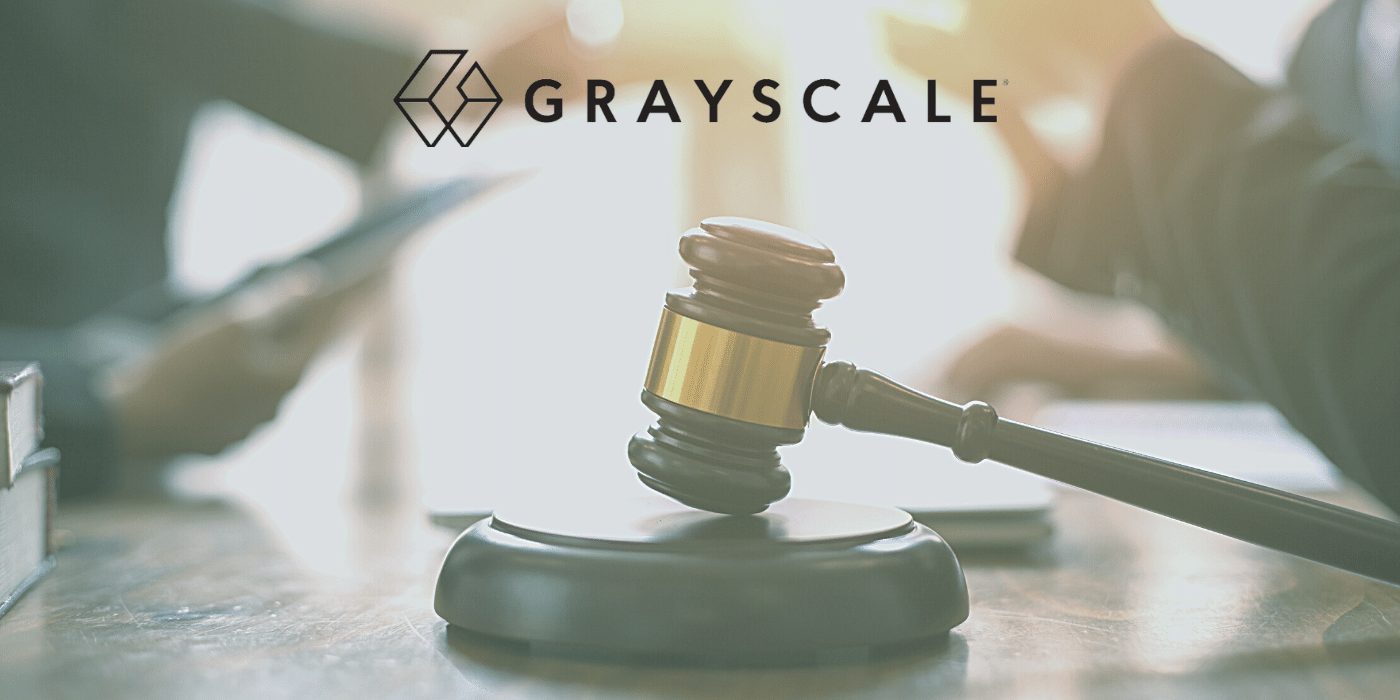Yuga Labs, creators of the Bored Ape Yacht Club NFT collection and ApeCoin, are facing a class-action lawsuit brought by international law firm Scott+Scott for allegedly falsely promoting Bored Ape NFTs and ApeCoin as securities with guaranteed returns, but which actually plummeted in value over the past three months.
Case Hinges on Whether NFTs Are Deemed Securities
The proposed class-action lawsuit claims that Yuga Labs used celebrity promoters and endorsements to “inflate the price” of BAYC NFTs and the ApeCoin token. The suit also alleges that Yuga Labs promoted growth prospects and potential massive returns on investments to “unsuspecting investors”. The suit claims:
After selling off millions of dollars of fraudulently promoted NFTs, Yuga Labs launched the ApeCoin to further fleece investors.
Scott+Scott class-action lawsuit
It adds: “Once it was revealed that the touted growth was entirely dependent on continued promotion (as opposed to actual utility or underlying technology), retail investors were left with tokens that had lost over 87 percent [of their value] from the inflated price [peak] on April 28, 2022.”
While no official complaint has been filed in a US federal court, Scott+Scott is currently seeking impacted investors who suffered losses on BAYC NFTs and ApeCoin between April and June this year.
The key to the success of this suit is whether or not the court decides if NFTs are securities, in which case Yuga Labs would have failed to make the necessary disclosure and registration obligations that come with offering securities. Thus far, the Securities and Exchange Commission (SEC) has refrained from labelling any NFT as a security as it would likely bring the broader art market under its purview.
BAYC Hit with Repeated Blows
The legal threat could not come at a worse time for Yuga Labs, given its recent troubles. In April, BAYC’s Instagram account was compromised to the tune of US$2.8 million in an NFT phishing scam.
In the following month, BAYC committed what could be described as a “minting fail” where over US$157 million in ETH was burned as part of the launch of its “Otherside” metaverse.
Then in June, Yuga Labs confirmed that its Discord servers had been “briefly exploited”, leading to the loss of NFTs valued at over 200 ETH (about US$357,000).


